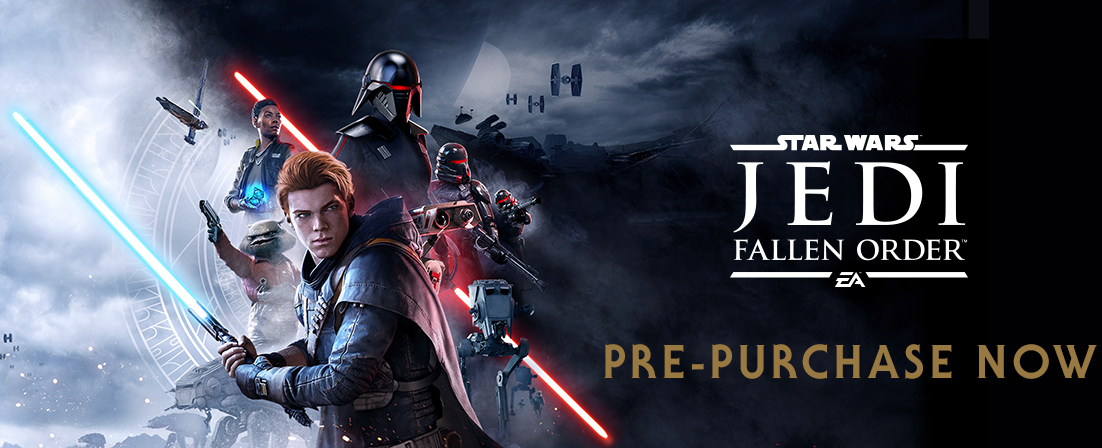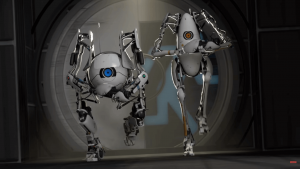Today EA finally confirmed its return to Steam by allowing preorders for Star Wars Jedi: Fallen Order on the platform. EA was one of the first companies to move on from Steam to its proprietary platform, Origin, back in 2011. The controversial choice to remove Crysis 2 from Steam and release future EA titles on Origin lead to a somewhat muted backlash as the new platform presented an adequate resource for playing these games. Little did we know, this was only the first of many similar moves large publishers would undertake for the sake of profit.
The issue, as they saw it, was that Valve takes 30% of the sale for each game sold on the platform. By creating Origin, EA was able to take the full profit from the sale of their digital games. On paper, that seems to be an easy way to justify building and supporting the Origin client. For years now, we’ve seen PC versions of EA games exclusively on Origin while Steam continued to thrive with games from other publishers as well as indie titles.
Recently, Epic Games created the Epic Games Store and made an effort to put not only games they develop and publish but also other games on their platform exclusively. This exclusivity issue has caused quite the backlash and has put pressure on Valve. The question that some people have raised is whether this move with EA is Steam’s effort to get a taste of those exclusivity contracts. While it may not be possible for us to know to what extent this may be the case, I think there could be another reason for EA’s change of heart.
EA has had extremely limited success lately in releasing games like Anthem and Battlefield V. These games rely on the concept of “live services” to try to maintain a revenue stream that builds with time. Both games saw major drop-offs after launch and EA’s stock prices have remained stagnant since after taking a significant dive last year. Star Wars Jedi: Fallen Order’s advertising has promoted having no microtransactions or post-launch DLC, which is the polar opposite of what those tent pole “live service” games attempted in the past. This means that the initial sales of the game are the primary way that EA is going to make money from the launch of the game.
The establishment of microtransactions in modern gaming is now the most popular way that publishers can turn games from just “profitable” into “cash cows.” It lets ongoing development fuel the sale of cosmetics and small pieces of content to players months or even years after a game has gone live. Its use in Fortnite is one of the primary reasons Epic has been able to leverage millions of dollars in exclusivity agreements. Without this, EA is going to have to make Star Wars Jedi: Fallen Order one of the bestselling new games of the year to see similarly good profits. Perhaps with Steam on their side promoting to their millions of active users, they’ll be able to appeal to the numbers they need to make this happen.




